Rubén Rada, born on July 17, 1943, in Montevideo, Uruguay, is a multifaceted musician whose eclectic discography spans a wide range of genres, from Afro-Uruguayan candombe to jazz, funk, and rock. With a career that has spanned over five decades, Rada has left an indelible mark on the Uruguayan and Latin American music scenes, earning praise for his distinctive voice, innovative compositions, and infectious rhythms. This comprehensive exploration of Rubén Rada’s discography will trace his musical evolution, highlighting key albums and collaborations that have shaped his illustrious career.
Early Years and Los Shakers:
Rubén Rada’s musical journey began in the early 1960s when he co-founded the legendary Uruguayan rock band Los Shakers. Influenced by the British Invasion sound of bands like The Beatles and The Rolling Stones, Los Shakers quickly gained popularity in Uruguay and beyond with their catchy melodies and energetic performances. Their debut album, “La Conferencia Secreta del Toto’s Bar” (1966), featured hits like “Break It All” and “Never, Never,” establishing Los Shakers as pioneers of the Latin American rock movement.
Candombe Fusion with Tótem:
After the dissolution of Los Shakers, Rubén Rada embarked on a solo career, exploring his Afro-Uruguayan roots and incorporating elements of candombe, a traditional Uruguayan rhythm derived from African percussion. In 1975, Rada formed the band Tótem, which blended candombe with jazz, funk, and rock influences to create a unique and vibrant sound. Their self-titled debut album, “Tótem” (1975), featured iconic tracks like “Mandanga” and “La Flor de la Canela,” showcasing Rada’s versatility as a vocalist and songwriter.
Funk and Soul with La Banda:
In the late 1970s, Rubén Rada joined forces with Argentine musician Andrés Calamaro to form the band La Banda, which specialized in performing funk, soul, and R&B covers. La Banda’s self-titled debut album, “La Banda” (1979), featured energetic renditions of classic soul songs like “Papa Was a Rolling Stone” and “Superstition,” highlighting Rada’s soulful vocals and dynamic stage presence. The album received critical acclaim and solidified Rada’s reputation as a master of funk and soul music in Latin America.
Jazz and Fusion Explorations:
Throughout the 1980s and 1990s, Rubén Rada continued to push the boundaries of Latin music, experimenting with jazz, fusion, and world music influences. Albums like “Montevideo” (1984) and “Brindis por Pierrot” (1993) showcased Rada’s versatility as a composer and performer, featuring a diverse range of musical styles and collaborations with renowned musicians from around the world. With his smooth vocals and innovative arrangements, Rada captivated audiences with his ability to seamlessly blend disparate genres into a cohesive and captivating musical tapestry.
Return to Candombe Roots:
In the early 2000s, Rubén Rada returned to his candombe roots, releasing a series of albums that celebrated the rich heritage of Afro-Uruguayan music. Albums like “Montevideo Dos” (2000) and “Terapia” (2004) featured traditional candombe rhythms alongside contemporary instrumentation, paying homage to the vibrant culture of Uruguay’s Afro-descendant communities. With his soulful vocals and infectious grooves, Rada brought renewed attention to candombe music and its importance in the cultural identity of Uruguay.
Collaborations and Cross-Cultural Fusion:
Throughout his career, Rubén Rada has collaborated with a diverse array of artists from around the world, bridging cultural divides and creating innovative fusions of musical styles. From jazz legends like Herbie Hancock and Chick Corea to rock icons like Peter Gabriel and Sting, Rada’s collaborations have spanned genres and generations, showcasing his ability to adapt and evolve as an artist.
One of Rada’s most notable collaborations was with Brazilian musician Gilberto Gil, with whom he recorded the album “Gil & Rada” (1992). Featuring a blend of Brazilian samba and Uruguayan candombe rhythms, the album highlighted the cultural connections between Brazil and Uruguay while showcasing Rada and Gil’s mutual admiration for each other’s music. Other collaborations, such as “Fon Fon” (2008) with Japanese percussionist Kodo and “Tango, Milonga y Candombe” (2011) with Argentine bandoneon player Rodolfo Mederos, further demonstrated Rada’s ability to transcend linguistic and cultural barriers through music.
Legacy and Influence:
Rubén Rada’s contributions to Uruguayan and Latin American music are immeasurable, with a career that has spanned decades and inspired countless artists around the world. His innovative fusion of candombe, jazz, funk, and rock has paved the way for a new generation of musicians to explore and experiment with diverse musical styles, while his soulful vocals and infectious rhythms continue to captivate audiences of all ages.
As a cultural ambassador for Uruguay, Rubén Rada has played a crucial role in promoting the country’s rich musical heritage on the global stage. From his early days with Los Shakers to his ongoing solo career, Rada has remained true to his artistic vision, pushing boundaries and challenging conventions with each new release. With his boundless creativity and unwavering passion for music, Rubén Rada has earned his place as a true icon of Latin American music, leaving behind a legacy that will endure for generations to come.







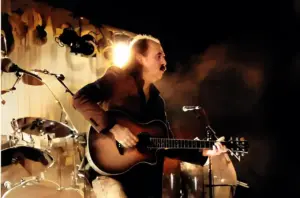
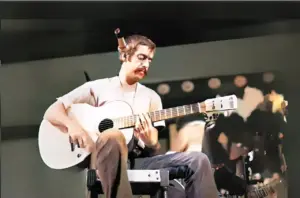













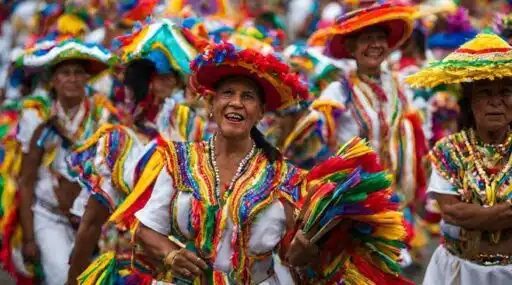
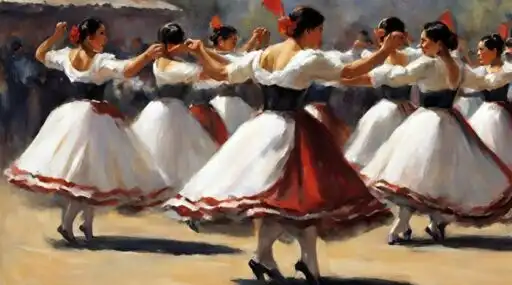



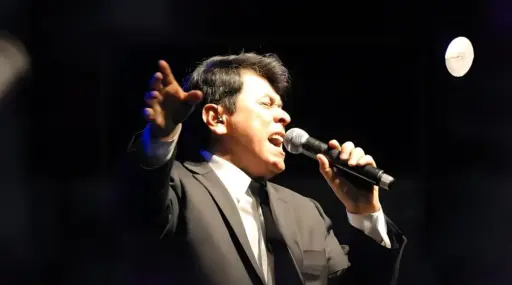



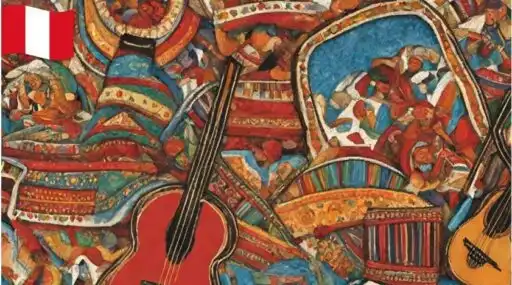







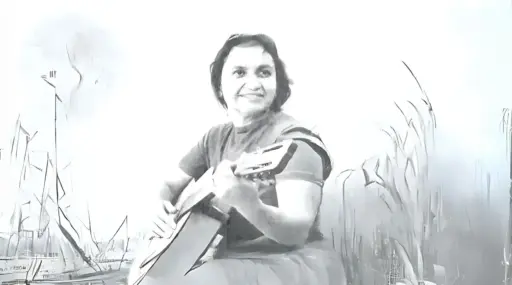

Leave a Reply